As a parent navigating the busy rhythms of summer in Beijing, I’ve noticed how much the Beijing education landscape is quietly changing. This summer, unlike others, felt less rushed with frantic extracurricular commitments and more reflective about what truly benefits our children. With so many families feeling the financial and emotional pressures of endless classes, it seems that many are slowly embracing a calmer, more thoughtful approach to extracurricular classes. This shift reflects not only a trend in reducing costs but also a genuine reconsideration of learning priorities across the city.
The summer break, a typically busy season for families involved in Beijing education summer parenting guide routines, has provided an unexpected opportunity to pause and reflect on education’s role in a child’s development outside school hours. This article is my personal recounting of how parents here are learning to adjust approaches and embrace more tailored ways of supporting their children’s growth.
Summer vacations in Beijing used to be synonymous with packed schedules, full of intensive courses and extracurricular activities designed to ensure children stay academically ahead. But talking with close friends and observing the dynamic around local playgrounds and community centers, I found this summer to be refreshingly different. Parents I spoke to shared feelings of exhaustion—and relief—from the relentless push of scheduling and shuttling kids to classes every day.
Many parents confided that they feel more comfortable stepping back from the intense extracurricular grind. Some reflected that the “income returns” — or results matching the financial and time investment in extra classes — just didn’t balance out as expected. This summer sees parents more willing to let their children rest or engage in more spontaneous learning experiences rather than rigid daily routines.
This shift in attitude is encouraging because it shows parents embracing flexibility and listening to their children’s needs and rhythms. Instead of being pushed by an external curriculum, there’s a growing emphasis on holistic growth—with a particular focus on fostering healthy children study habits that aren’t just about volume but quality and balance.
For those who want to dive deeper into how modern families in Beijing balance education and life, take a look at this insightful read on
Over the past couple of years, one of the most noticeable changes in the city’s educational landscape has been the scale-down of extracurricular classes. What used to be a bustling, often overwhelming market of diverse subjects and tutoring services has refined itself, focusing primarily on mathematics and English. The costs associated with these classes have also decreased, making them more accessible and less intimidating financially.
When I first moved to Beijing, the urgency to enroll children in an ever-expanding roster of classes was palpable. Parents often shared stories of spending hefty sums—sometimes thousands of yuans per month—hoping for measurable academic improvement. Yet, as many now admit quietly in our group chats, the return hasn’t always matched the investment. A friend summed it up perfectly, telling me: “Sometimes it feels like the heavy schedule just wears them out without the promised growth.”
The recent government initiatives aimed at easing the burden of extra tutoring have undeniably changed the game. According to official reports on education reform from the Beijing Municipal Education Commission, these adjustments are designed to encourage a healthier learning environment and reduce excessive academic pressure for children.
I find it fascinating how this change stimulates parents to rethink and amend their own approach to education. It’s no longer simply about keeping up with the crowd but about fitting the study routine to the child’s personality and pace. For a well-rounded view on recent policy shifts, you may want to visit the
Observing children this summer, I noticed a clear evolution in how study habits are developing in our local community. With fewer forced daily classes and more time for creative play or self-directed study, young learners are cultivating concentration in different ways. Some children delve deeper into reading, while others grow curious through hands-on activities.
It’s heartening to see that the focus on children study habits now leans toward encouraging autonomy and critical thinking, rather than rote memorization under stress. Parents are experimenting with new techniques—from incorporating educational games to establishing gentle routines that honor a child’s natural interests and energy levels.
One mother shared with me how she lets her nine-year-old decide the order of studies, reserving math or English for when the child feels most energetic during the day. This small change not only improved her child’s focus but also brought back joyful learning moments rather than emotional struggles.
If you’re interested in practical strategies for fostering study habits that work, this article on
The shift in parental attitudes is just as striking as the changes in children’s routines. The emphasis on parents education reflects a growing understanding that our role isn’t merely to enforce learning but to support emotional well-being and build resilience.
I often find myself reflecting on conversations with other Beijing parents who confess that they’ve become more patient or reconsidered the expectations they place on their children. Children’s mental health and happiness are increasingly prioritized alongside academic goals.
Some parents have even organized small community groups, sharing resources on mindful parenting and exchanging stories about what works best for their families. These gatherings are reminiscent of informal workshops, creating a network of support rooted in mutual respect and practical experience.
For parents interested in evolving their parenting style and understanding the summer parenting landscape in Beijing, I recommend the comprehensive resource available at
Here you will find perspectives on balancing rest and learning, adapting study habits, and embracing flexibility in a fast-changing educational environment.
Wrapping up this summer’s reflections, it’s clear that the landscape of Beijing education is slowly but thoughtfully evolving. Parents and children alike are navigating this shift with a bit more rest and a lot more reflection. The era of overloaded schedules and rigid commitments feels less pressing, replaced by an openness to finding what truly suits each child.
The tapering of extracurricular classes to mostly math and English marks a pragmatic and welcome change, easing financial and emotional burdens. Coupled with this is the positive trend toward nurturing adaptable children study habits—habits that will hopefully carry children into a lifelong love of learning.
It’s inspiring to witness communities sharing the wisdom of gentle, supportive parents education approaches, redefining success beyond test scores. If you are a parent or educator in Beijing or simply curious about educational trends here, the journey toward balance and mindful learning offers much hope.
To continue exploring how parents in Beijing are adapting, you might like to explore this detailed piece on
Thank you for joining me in this reflection on summer parenting and education in Beijing. Here’s to more thoughtful choices and happy children in the seasons to come.
Introduction: Shifting Perspectives on Beijing Education

Summer Parenting Life in Beijing: Balancing Rest and Reflection

Modern Family Education Trends in Beijing.
Evolution of Extracurricular Classes and Parents’ Mindsets

Beijing Municipal Education Commission official site.
Changing Children Study Habits: A New Flexibility

How to Boost Children’s Study Habits offers great insights from local educators and parents alike.
Parents Education Adapting for a Better Future

Beijing Education Summer Parenting Guide.
Conclusion: A Thoughtful Path Forward in Beijing Education

Education Reform and Parenting in Beijing.
FAQs
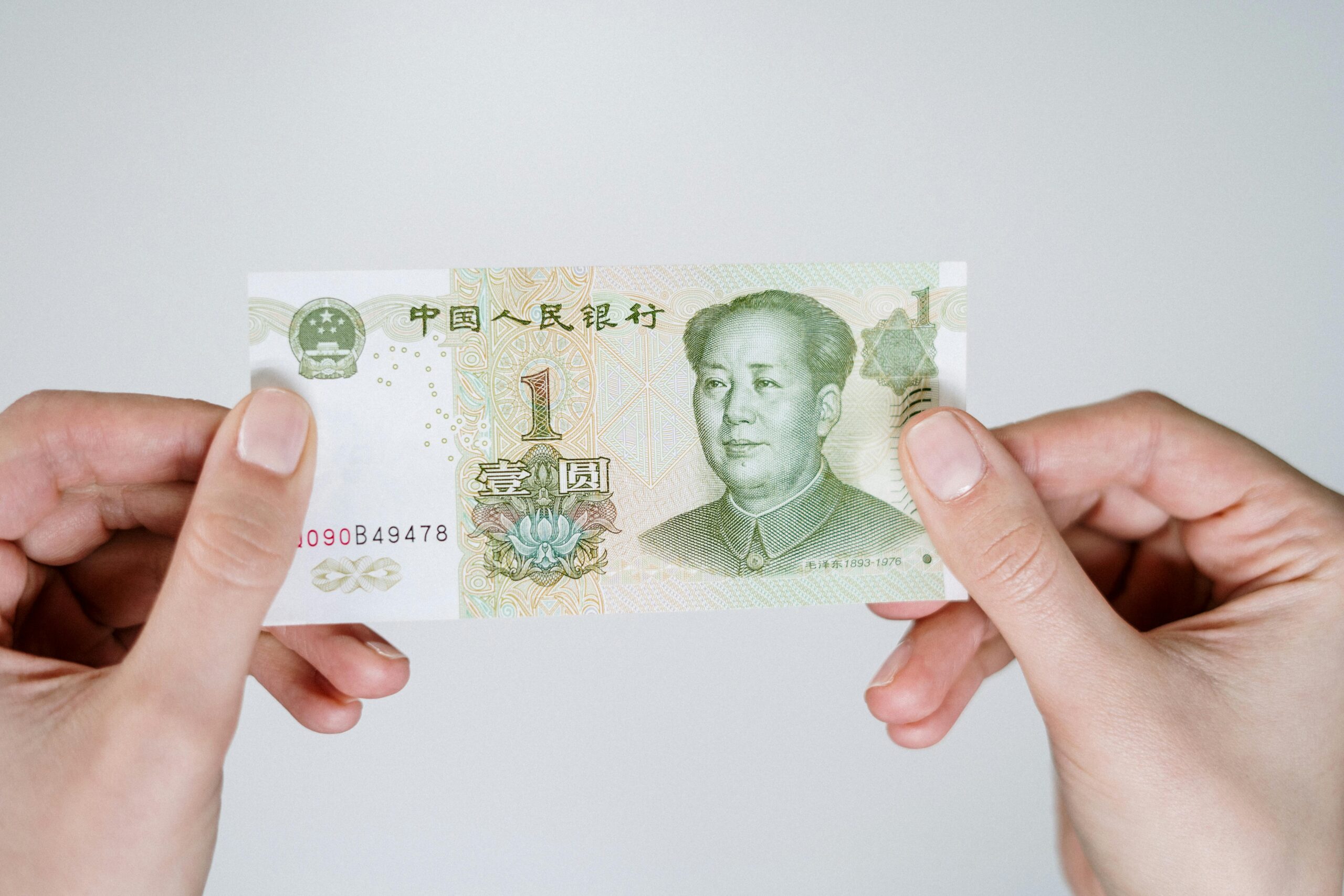

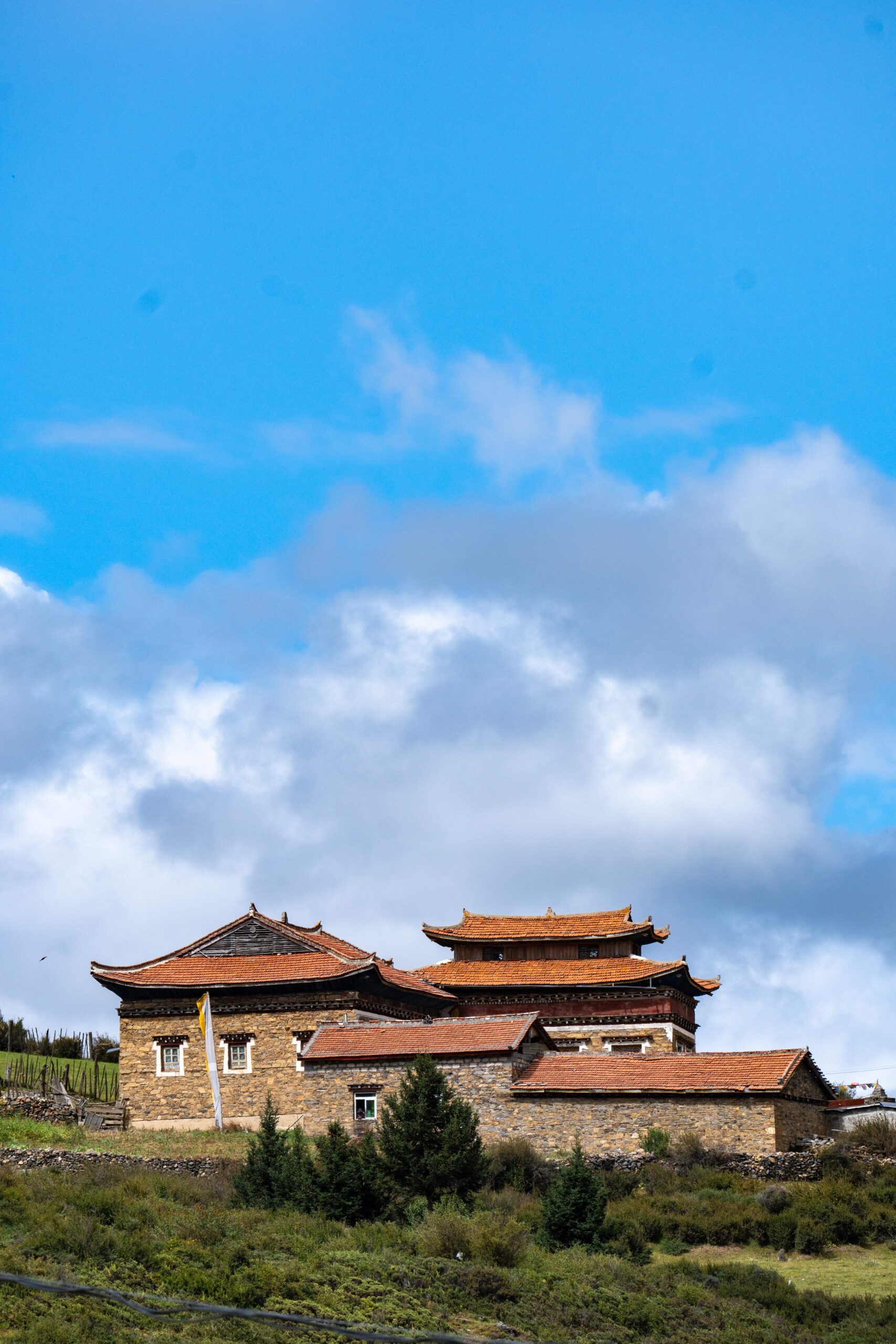
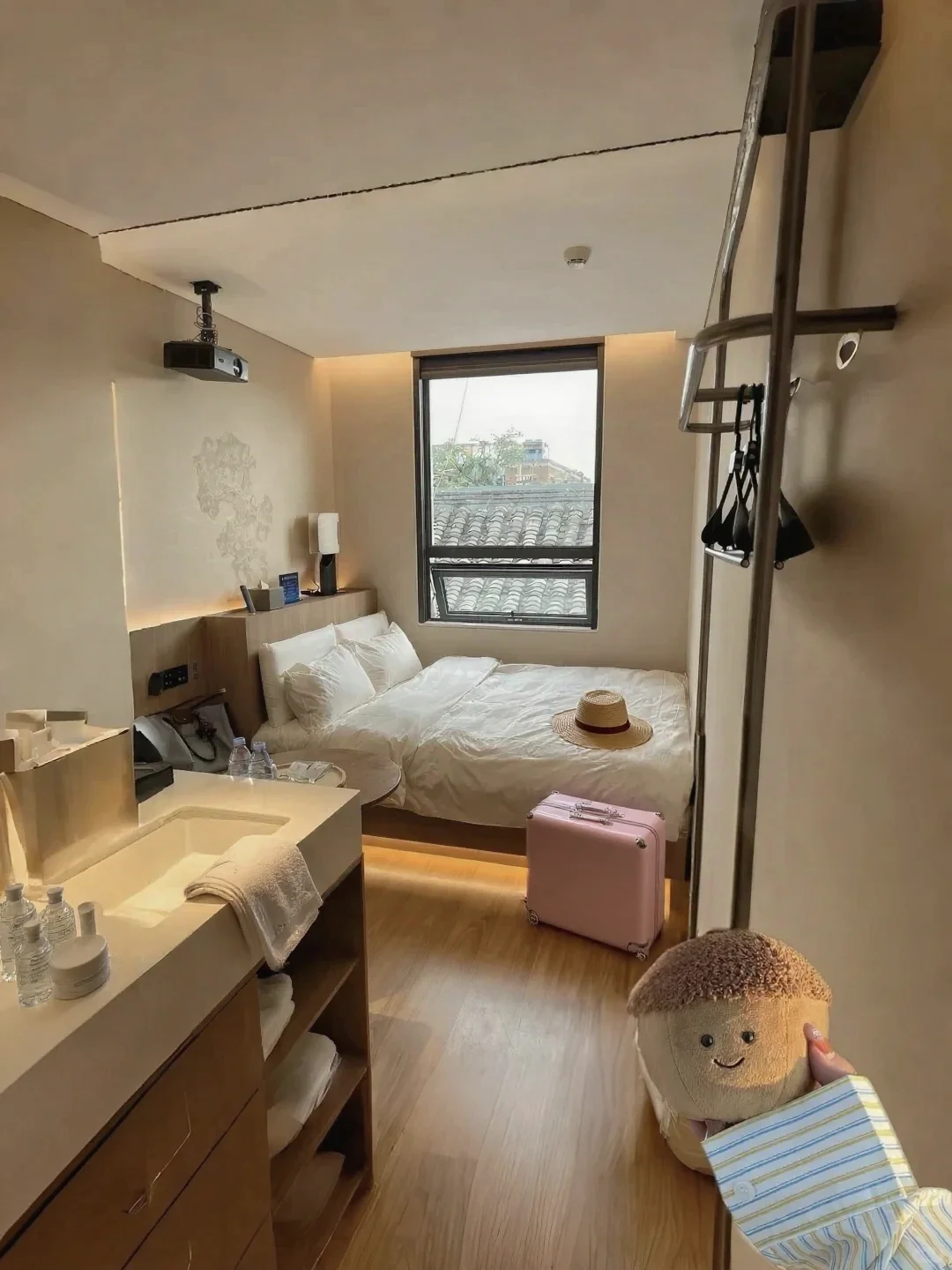
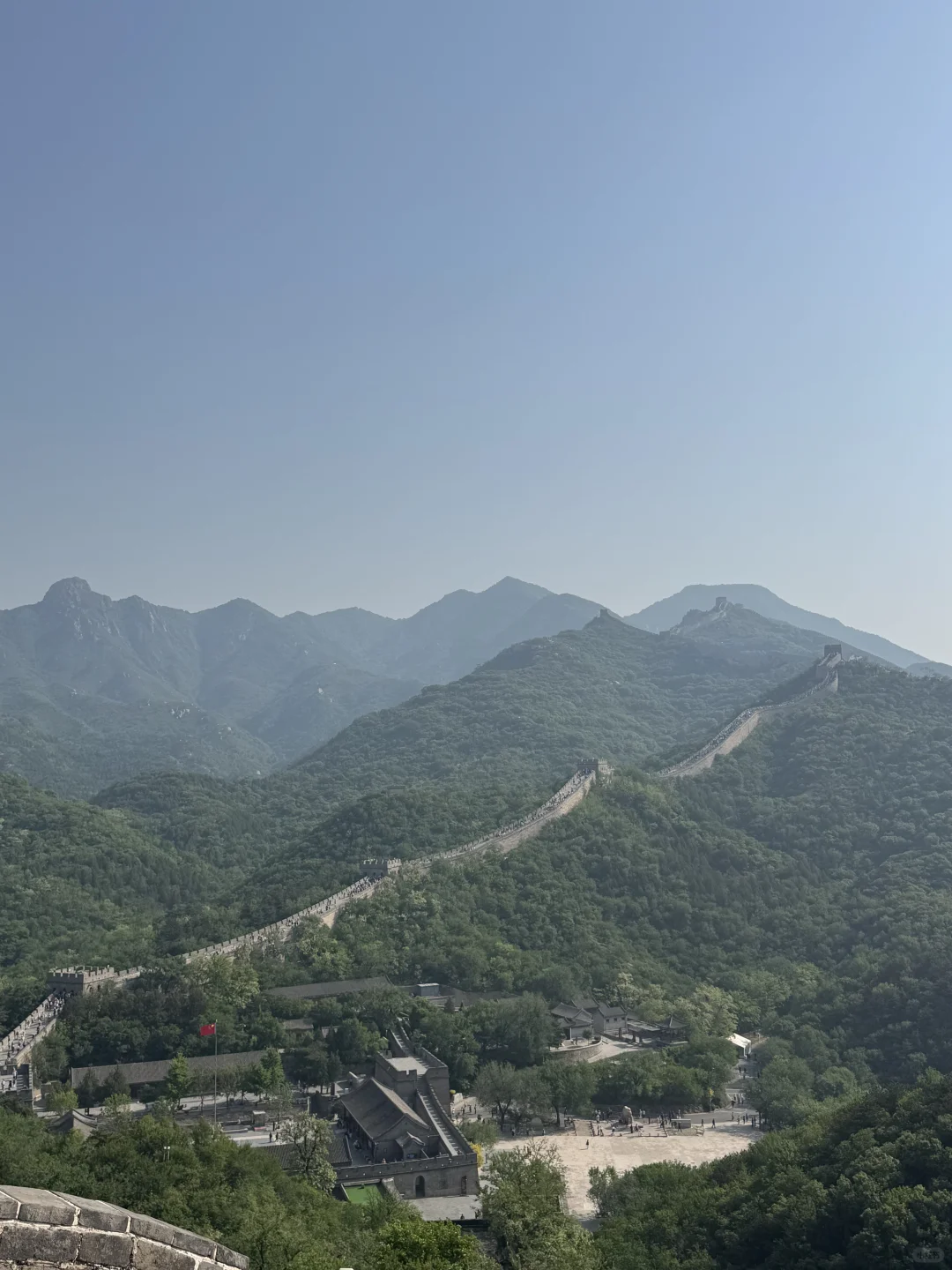
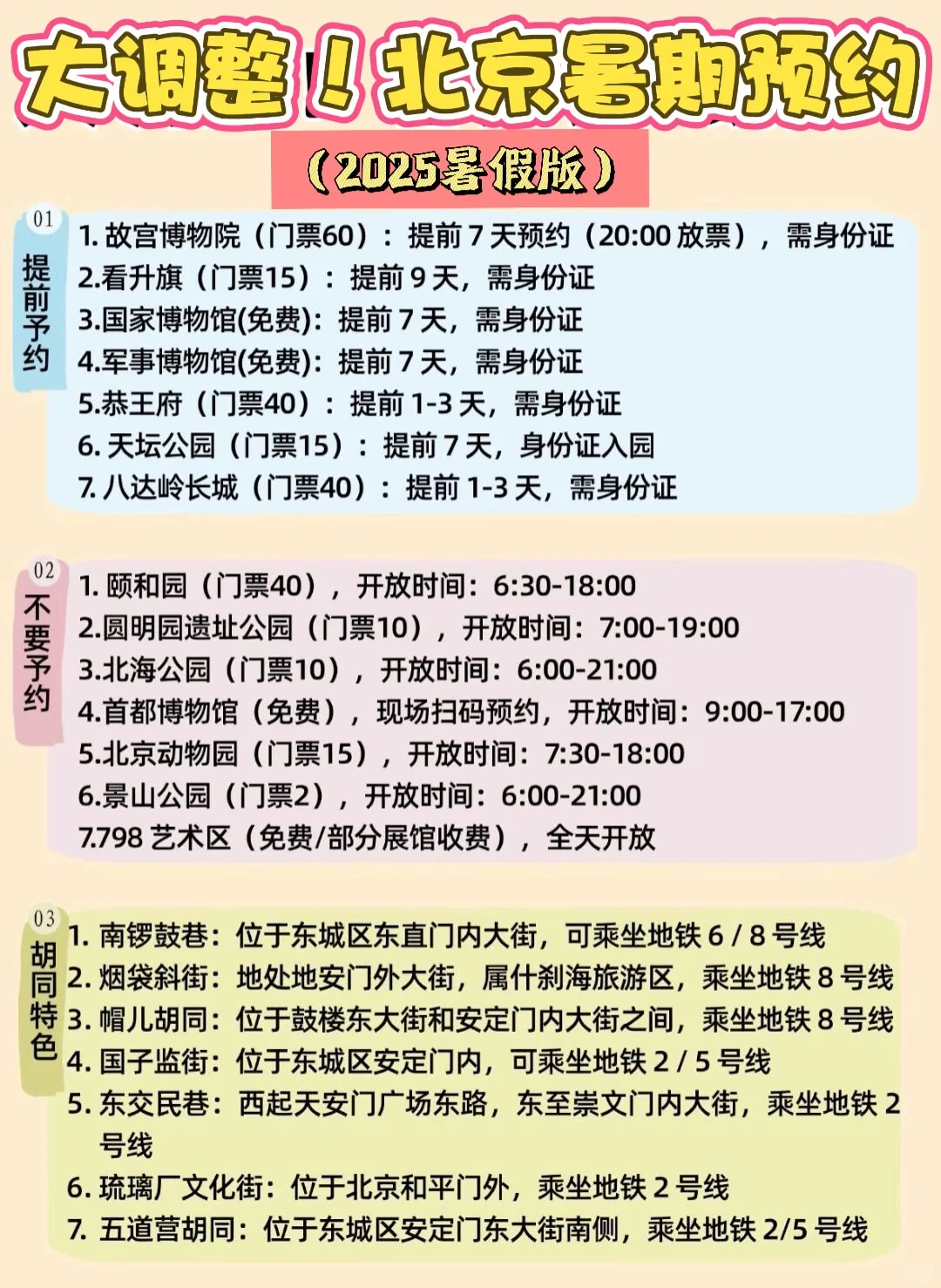
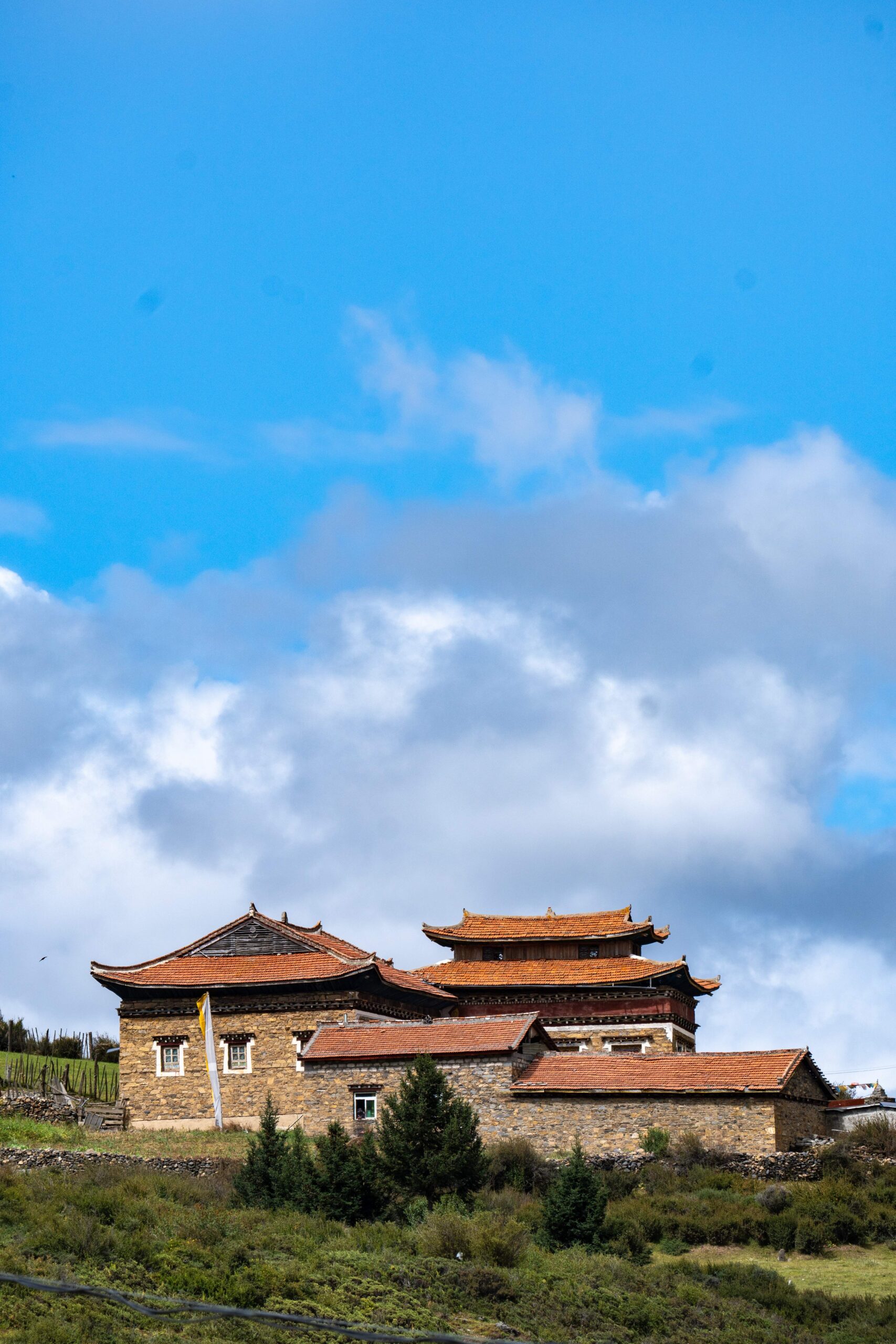
Explore the Real China.
Top Destination
Information